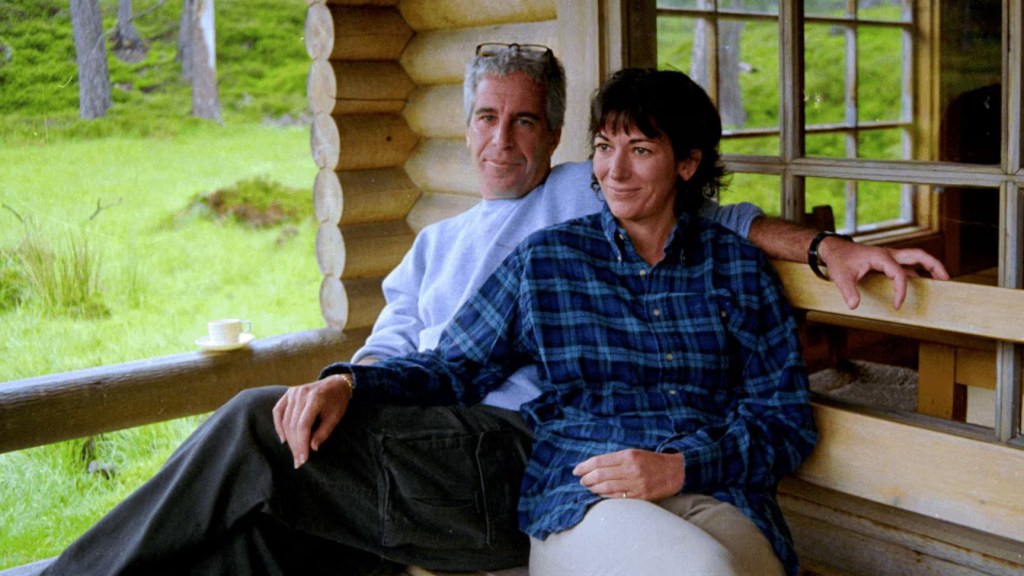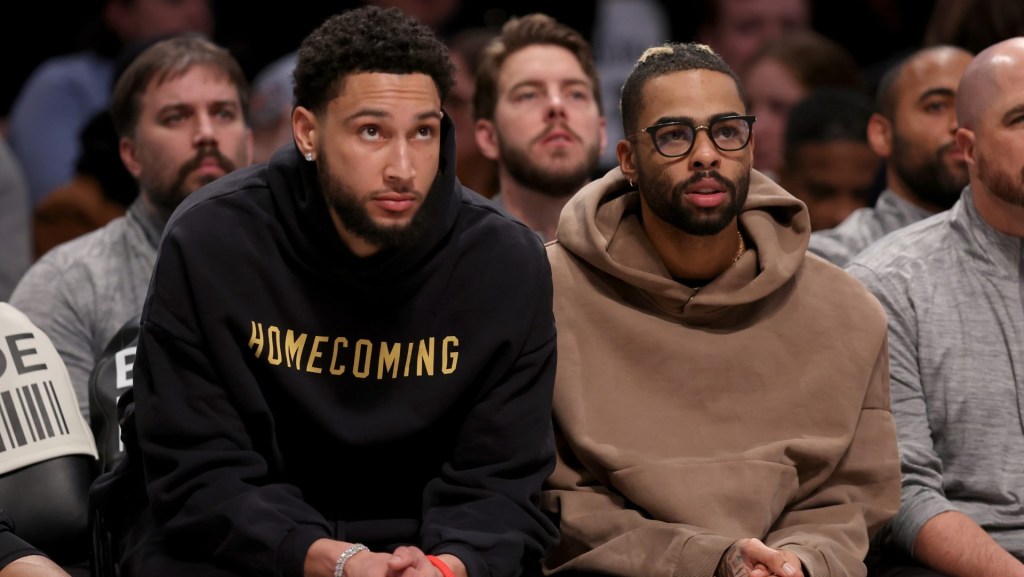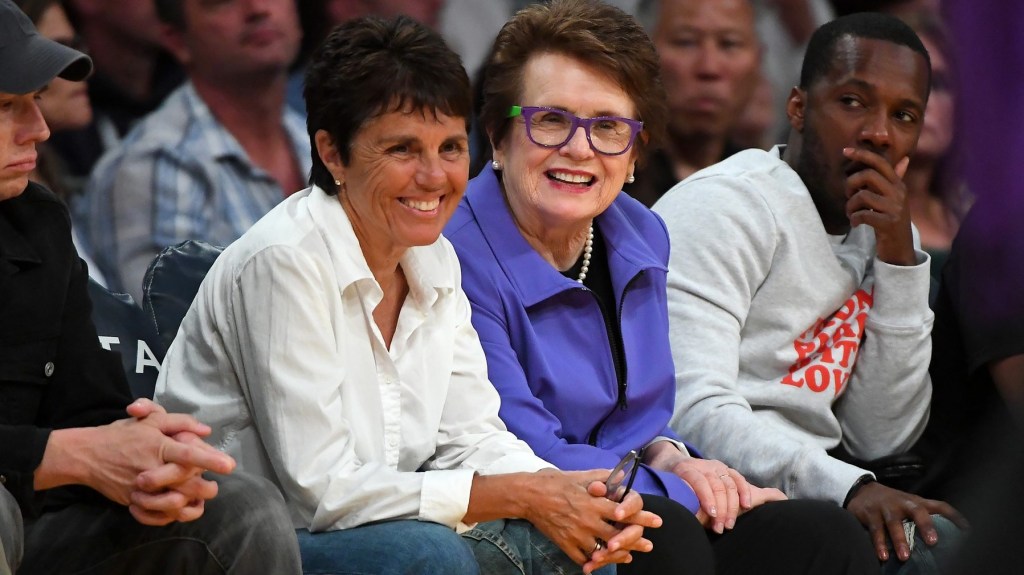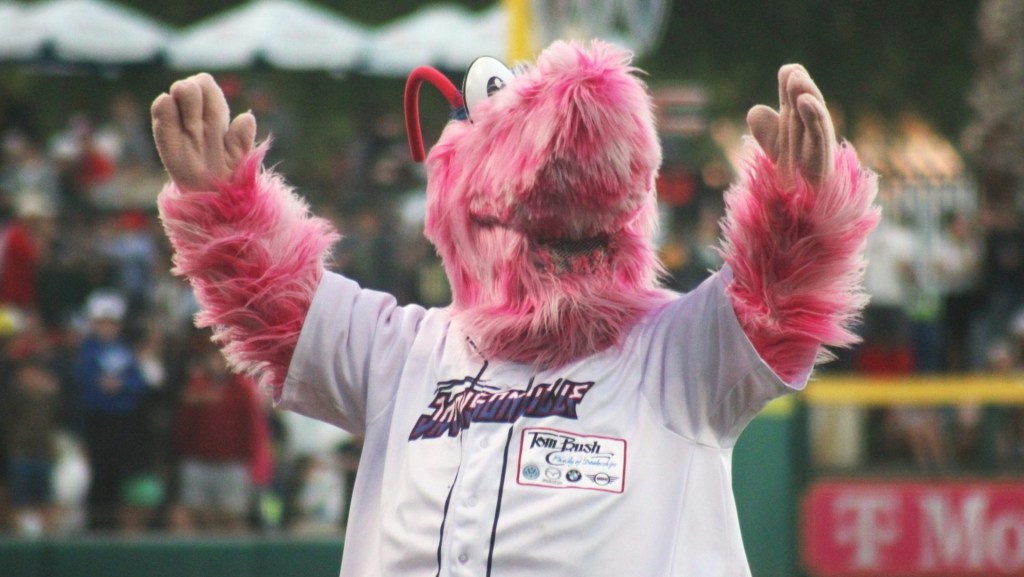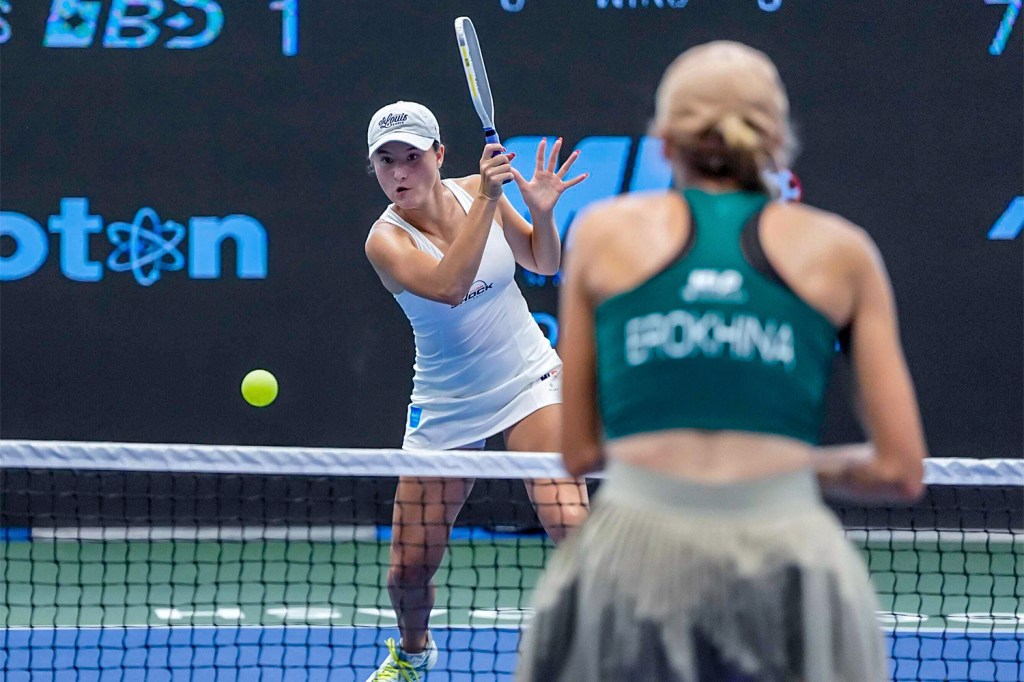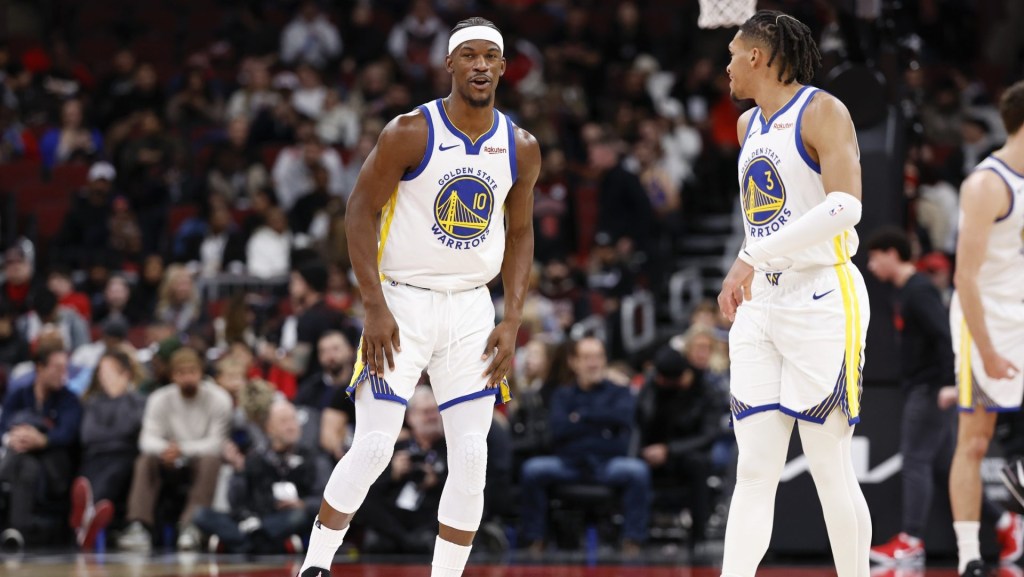Prolific sports team owner Ted Leonsis broke down the first three generations of business types who purchase pro franchises during our phone call earlier this week.
“The first phase were the real estate people,” Leonsis said. “They wanted to build or buy the stadium and they were looking for things to put in it. They were in the rental business, basically. The second phase of entrepreneurs came in and they were more media oriented. Cable was just launching, which became a big, new revenue stream. Turner, CBS, and Tribune got involved. The third generation was my generation: the web/internet [entrepreneurs].”
The former AOL executive who owns the Washington Capitals, Wizards, Mystics — and the city’s Capital One Arena — welcomes the fourth generation: private equity. In just the last several months, the NBA, NHL, MLB, and MLS have all cleared the way for large private equity firms to purchase minority stakes in their teams.
“There’s been big appreciation [in team valuations],” Leonsis continued. “The downside is how do you get monetized? The only way you could really [take advantage] is if you sell the team. There are some really big funds that can give you growth capital for you and your partners with some liquidity. It’s been a godsend for a lot of teams who went through the pandemic.”
- None of Leonsis’ teams have taken private equity money, but several others have — especially in the NBA.
- The San Antonio Spurs are among them with Sixth Street Partners purchasing a 20% stake in the team last June.
“We’ve had decades of aligned leaders throughout the organization who’ve turned our bedrock of values into real life action and impact,” Peter J. Holt, chairman of Spurs Sports & Entertainment, told Front Office Sports. “This, combined with the leadership, vision, and creativity at the NBA league level, is one of the many reasons why I believe we’re interesting to a group of dynamic partners.”
Techies Still Want a Slice
Dell Technologies founder Michael Dell purchased 10% of the Spurs at the same time of Sixth Street’s investment. Earlier this month, Airbnb co-founder Joe Gebbia purchased an undisclosed chunk of the Spurs as well.
- Gebbia told FOS that his investment wasn’t just a financial play.
- He’s a longtime NBA fan and one of his first jobs in his native Atlanta was as a Hawks ballboy.
“The Spurs are just an incredible team,” Gebbia said. “What the Bulls were in the ‘90s is what the Spurs were in the 2000s. Five championships in 15 years. You have Coach Pop [Gregg Popovich] and players like David Robinson, Tim Duncan, and Tony Parker — heroes as a kid I grew up looking up to.”
Before Airbnb, Gebbia’s unofficial first startup was actually a college basketball team. He restarted a basketball program at Rhode Island School of Design that had been dormant for about 50 years.
“As a broke college student, [team ownership] was in a dream somewhere,” Gebbia said. “How could I be involved in the NBA one day? My first experience was starting that basketball team. I had to recruit the team and raise money. I had to market it as a brand.”
Limits of Minority Ownership
Minority ownership is often seen as more about prestige than power. You don’t have a lot of, if any, say in how the team is run and few teams pay dividends to their minority investors.
The same applies to private equity firms purchasing a stake in a team, which is limited to 20% in any one NBA franchise.
- No team can have more than 30% total of private equity ownership.
- An institutional investor can invest in up to five NBA teams.
- Rules are similar for the other leagues.
“The beauty of sports and the way the hierarchy works is that your team has to have a controlling owner who has 100% authority,” Leonsis said. “What the leagues have done with the private equity firms was to create rules of the road on how much you can own. You can’t come to board meetings. You’re essentially a passive investor.”
A Major Return on Investment
One look at how much Leonsis’ sports investments have returned and it’s clear why private equity wants in.
Leonsis and his partners paid $85 million for the Capitals in 1999 and $551 million for the Wizards in 2010. (The Wizards purchase included the stake in Capital One Arena that Leonsis and his investors didn’t already own.) Now, the Caps are worth $1.5 billion and the Wizards are valued at $1.9 billion.
According to Pitchbook, since 2002, all four of the major U.S. sports leagues have performed better than the S&P 500, and in some cases by a very wide margin. Here are the leagues’ respective returns over the past 20 years:
- NBA: 1057%
- MLB: 669%
- NFL: 558%
- NHL: 467%
- S&P 500: 458%
Valuations have held steady or risen since the start of the pandemic two years ago, even as profits have fallen — a product of reduced schedules, crowd-size mandates, and a general concern over the spread of COVID-19.
Other forms of entertainment haven’t been able to weather the pandemic nearly as well as pro sports, which are bolstered by massive TV contracts and, more recently, sports betting partnerships.
“We have proved to be a resilient industry,” Leonsis said. “Everyone thought I was crazy for buying the Capitals for $85 million 20 years ago when the team was losing $20 million a year. Now it’s worth a billion and a half.”
Liam Killingstad of FOS Insights contributed to this report.
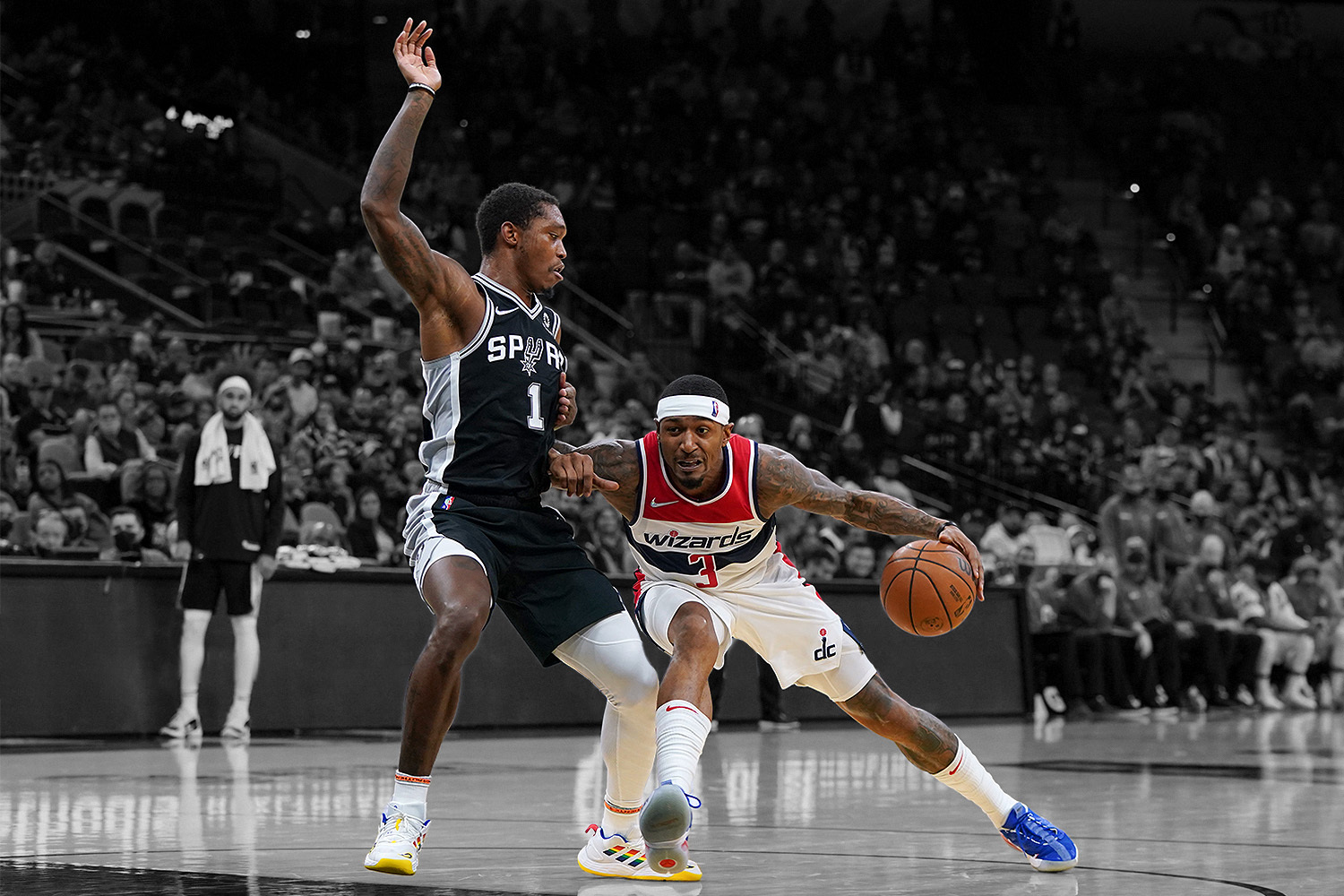
![[Subscription Customers Only] Jul 13, 2025; East Rutherford, New Jersey, USA; Chelsea FC midfielder Cole Palmer (10) celebrates winning the final of the 2025 FIFA Club World Cup at MetLife Stadium](https://frontofficesports.com/wp-content/uploads/2026/02/USATSI_26636703-scaled-e1770932227605.jpg?quality=100&w=1024)

